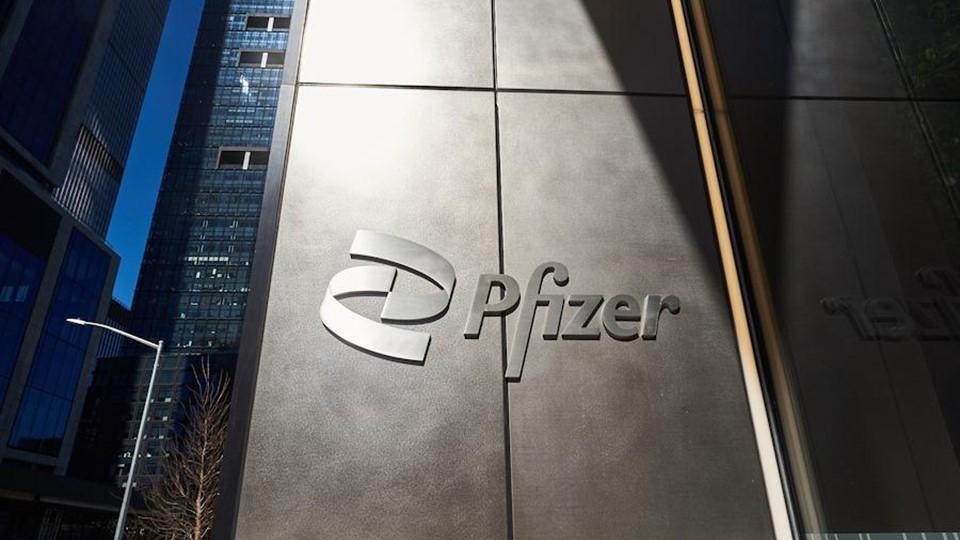Pfizer’s new cancer unit sees eight new blockbusters by 2030

Fresh from the $43 billion acquisition of antibody-drug conjugate (ADC) specialist Seagen, Pfizer has laid out plans for its dedicated oncology division in front of investors, aiming to add eight new cancer blockbusters to its current roster of five before the end of the decade.

Its new chief oncology officer, Dr Chris Boshoff, said the focus will be on four main cancer types: breast cancer, genitourinary cancers including those affecting the prostate and urological systems, haematological malignancies like lymphoma and multiple myeloma, and thoracic tumours including lung and head and neck cancers.
Pfizer’s efforts will span small molecule therapeutics, ADCs, and bispecific antibodies, with biologics expected to make up 65% of oncology revenues by 2030, up from around 6% at the moment, where sales are dominated by small molecules like Ibrance (palbociclib) for breast cancer, prostate cancer therapy Xtandi (enzalutamide), and Inlyta (axitinib) for kidney cancer.
That shift could protect the company from some of the price-cutting measures in the Inflation Reduction Act (IRA), under which biologics can be on the market for longer before they can be selected for Medicare price negotiations.
The identity of the future blockbusters isn’t being disclosed, but they will come from around 14 candidates that the company showcased during the R&D update.
“With many significant catalysts expected through the first half of 2025 and beyond, our oncology organisation is well-positioned to be a critical driver of potential long-term sustainable sales and profit growth for Pfizer,” said Boshoff.
Over the course of several hours, Pfizer highlighted seven key phase 3 trial readouts and six new phase 3 starts that will underpin its oncology ambition in the next few years.
Those readouts include the VERITAC-2 trial of protein degrader vepdegestrant in second-line oestrogen receptor-positive metastatic breast cancer – the first key data from a drug Pfizer sees as forming the backbone of oestrogen-targeting therapy for breast cancer – and the BREAKWATER study of BRAF inhibitor Braftovi (encorafenib) as first-line therapy for BRAF-mutated metastatic colorectal cancer.
Pfizer also has high hopes for PD-1/PD-L1 inhibitor sasanlimab for non-muscle invasive bladder cancer in the CREST study, and CD3xBCMA bispecific Elrexfio (elranatamab) in MagnetisMM-5 as a therapy for relapsed/refractory multiple myeloma in patients previously treated with lenalidomide and a proteasome inhibitor.
Among the new phase 3 starts are CDK4 inhibitor atirmociclib as a second-line therapy for hormone receptor-positive metastatic breast cancer, IB6-directed ADC sigvotatug vedotin for non-small cell lung cancer (NSCLC), and Elrexfio in patients with multiple myeloma who see progression after anti-CD38 treatment.
“With the energy of our highly talented colleagues, the tremendous potential of our pipeline and scientific engine, and scale of the Pfizer enterprise, we believe we are poised to deliver on our vision of accelerating breakthroughs that help people with cancer globally live better and longer lives,” said Boshoff.
The acceleration into cancer comes as Pfizer is facing a sharp contraction in the market for COVID-19 vaccines, which have underpinned growth in the last few years - one of the drivers for the Seagen takeover. The company is now devoting around 40% of its R&D budget to oncology.












